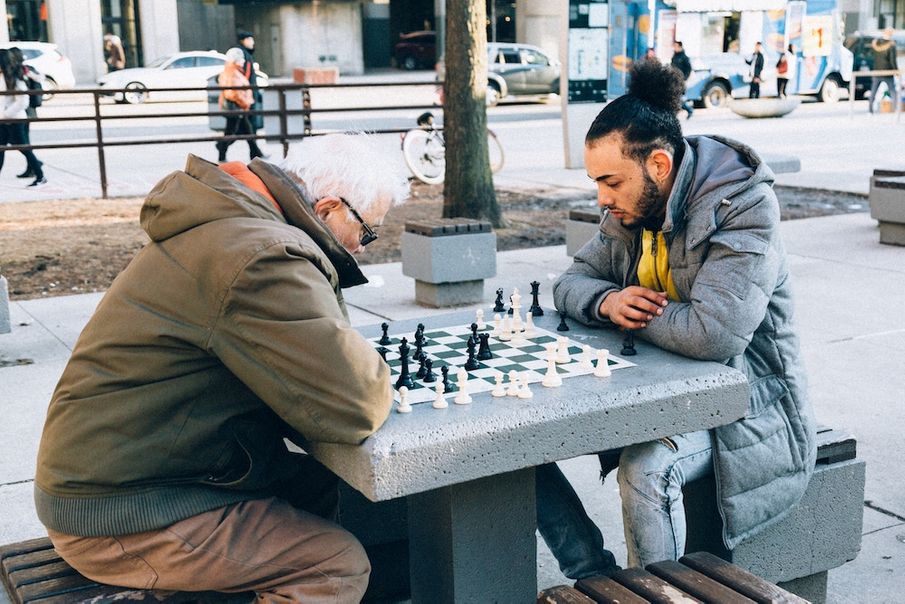More than one million of us will live with it over the next 20 years. But be under no illusions, there is still life after a dementia diagnosis
Dementia understandably strikes fear in the hearts of both those battling the illness, and those who love and want to take care of them. While you may be angry, lost and feeling helpless after your loved one has received a diagnosis, it doesn’t mean the book is closed. It’s just another of life’s chapters.
So, what is out there for both of you and your friend or family member with dementia? Here’s a guide on how to be in control of your dementia story:

Build your support network
As with many things in life, having a support group is vital. Age UK have some top tips on how to ensure your’s has as many bases covered as possible, such as getting involved in creative workshops to allow your loved one with dementia to express themselves, try something different, and meet new people. They recommend speaking with specialist support groups and attending day centres, which offer practical and expert help for you both.
You could also visit your nearest Memory Cafe, which offer opportunities to socialise with people who understand what you’re going through, and have some fun.
Personally speaking, I found the best thing I could do with my late grandad was to adapt things we both loved doing together. He was an avid golfer, and as his dementia progressed, we found a simple trip to the driving range with him rekindled many happy memories.
The important thing is to not stop what you’ve always loved doing, it’s just a case of making adjustments around the condition.

Talk, Talk and Talk
As with physical illness, discussing a condition and its symptoms can be comforting to you both, helping you to know what to expect. Cognitive Behavioural Therapy has proved effective, according to experts at University College London. Most commonly used for anxiety and depression, a study has found that adapted support for early-onset dementia is a “most valuable” form of non-drug based treatment.
According to the Alzheimer’s Society, 50% of people with dementia experience some symptoms of depression, and anxiety is not uncommon either. Mental health affects us all, and being vigilant about its effects on dementia is crucial to maintaining a healthy mind.
Gadget Show
We’re warned of the perils posed by technology, but ignoring it as a vital dementia aid is dangerous, according to clinical psychologist Pauline Thomson.
The array of alarms out there can really help you to support the person with dementia to live as normally as possible, even when you’re not there – from timers to control electrical equipment, to water sensors picking up flooding on skirting boards.
There’s non-technical support too, with dosette boxes for medication, sticky notes or a simple phone call to check in. The most important thing is just to be there for them.
For more information and further help on living with and supporting a person with dementia, visit ageuk.org.uk or dementiauk.org. Alternatively, visit alzheimers.org.uk to find support services near to you.


Comments